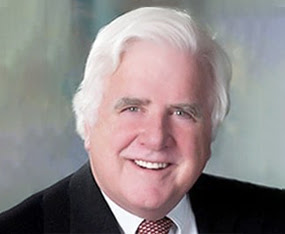Michigan is often referred to as the “Great Lakes State.” Four of the five Great Lakes share borders with Canada, and when combined, all five of the Great Lakes share borders with seven other states, including Illinois, Indiana, Minnesota, Ohio, Pennsylvania, Wisconsin and New York. Then there is Lake St. Clair and the Detroit River, both of which also share borders with Canada. Consequently, boats in Michigan have the potential of originating their travels in a lake or river governed by State waters then crossing over into waters governed by a different state, or even crossing over into international waters. Unlike vehicles on land, these boundaries between states and countries are not always readily discernable. These facts combined with other unique qualities applicable to boating generally mean that there is no definitive answer to the “guns in boats” question that will apply in all situations.
Another complicating factor is that there is no law in Michigan that specifically addresses this issue. While MCL § 28.425c does provide that a person with a CPL may carry concealed anywhere in the state (unless otherwise prohibited) including inside a vehicle, the term vehicle as used here probably does not include powerboats and other kinds of vessels, such as sailboats. However, this also is not 100% clear on its face.
There are also various laws applicable to boating and guns that appear to apply only in very specific scenarios, such as MCL §324.40111(2) which is applicable to boats used while hunting. This sub-section provides that “[E]xcept as otherwise provided in this part or in a department order authorized under section 40107, a person shall not transport or have in possession a firearm in or upon a vehicle, unless the firearm is unloaded … in a motorized boat.” Arguably this law, and others like it, are designed to stop poaching, and don’t otherwise apply to recreational boating.
 Michigan Criminal Defense Lawyer Blog
Michigan Criminal Defense Lawyer Blog



















 s involved in Detroit’s organized crime, including the Zerilli, Tocco, and Beckham families.
s involved in Detroit’s organized crime, including the Zerilli, Tocco, and Beckham families.